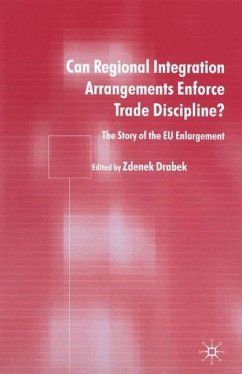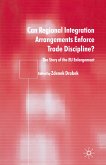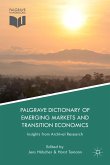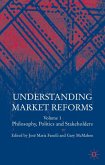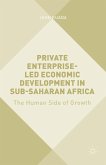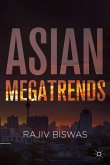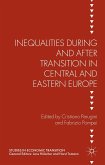Protectionism is a major concern in the international trading community. The question that arises is how the emergence of protectionism can be prevented and whether regional trade arrangements are a suitable mechanism to enforce liberal trade policies. This book examines these issues, concluding that the success of regional trading arrangements in enforcing good trade policies depends on the quality of the regional agreement and its implementation - simple free trade area is unlikely to be sustainable in the long-run without firm commitments of members to deeper integration.
'The novel contention argued in this book on the basis of Central European experience is that a 'deep' regional integration arrangement is more efficient than the WTO, let alone a shallow regional arrangement, in preventing a costly backsliding into protectionism. The deep arrangement in question is of course the European Union, which all the countries in the region have now joined. One critical issue for countries elsewhere is whether the world contains other regional arrangements that are, or could become, sufficiently deep to play a similar role.' - John Williamson, Senior Fellow, Institute for International Economics, USA
'This book, edited by a leading international economist who almost uniquely combines a command of analytics and experience at the World Trade Organization, is the latest, and an important and original, contribution
to the growing literature on why preferential trade agreements have downsides that the poiliticians purusing them relentlessly worldwide today have failed to appreciate.' - Jagdish Bhagwati, University Professor, Columbia University, USA and formerly Economic Policy Adviser to the Director General, GATT
'This book, edited by a leading international economist who almost uniquely combines a command of analytics and experience at the World Trade Organization, is the latest, and an important and original, contribution
to the growing literature on why preferential trade agreements have downsides that the poiliticians purusing them relentlessly worldwide today have failed to appreciate.' - Jagdish Bhagwati, University Professor, Columbia University, USA and formerly Economic Policy Adviser to the Director General, GATT

